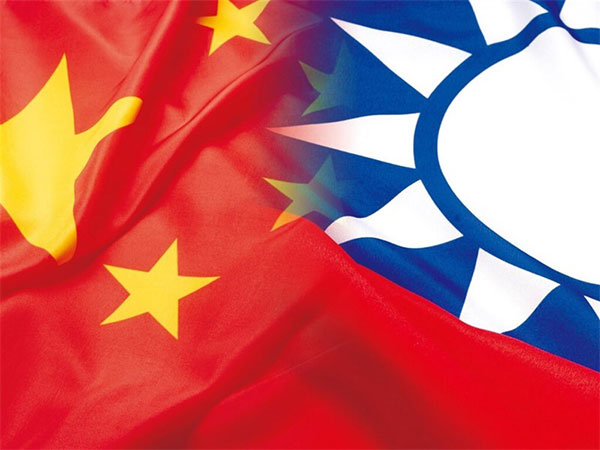Taiwan’s Mainland Affairs Council (MAC) Deputy Minister Shen You-chung recently highlighted the increasing tactics employed by China under its “united front” strategy to influence Taiwan, as reported by the Taipei Times.
During the Y’s Day Forum, hosted by the Taiwan Public Welfare group, Shen explained that China treats every cross-strait interaction as an opportunity to push its agenda. According to Shen, the Chinese Communist Party (CCP) has used methods such as manipulating local elections (evident in 2018 and 2022) and creating legislative barriers to hinder the effectiveness of Taiwan’s administration. Additionally, the CCP has been exerting influence over Taiwanese political parties, with cross-strait relations frequently intersecting with domestic political ideologies.
Shen pointed to Kinmen County as a specific example of China’s efforts to increase its presence within local governments. The CCP is reportedly promoting its “one country, two systems” model, particularly in the wake of its tarnished reputation due to interventions in Hong Kong. Shen detailed how Beijing is exploring avenues to allow Kinmen residents to buy real estate in Xiamen, granting them voting rights to create a de facto “one country, two systems” situation. This strategy, coupled with improved travel and shopping options, is designed to make the idea of prosperity through Chinese benefits more attractive to Taiwan.
Shen also warned that China’s outreach to Taiwanese youth, offering business incentives to entice them to start enterprises in China, is part of a strategic manoeuvre to gradually push them out of the market through aggressive pricing tactics, given China’s high unemployment rates.
Despite the CCP’s official stance of atheism, Shen noted that China is continuing to use religion as part of its “united front” efforts. Specifically, China claims that all Matsu temples in Taiwan trace their origins to the Meizhou temple in China and aims to certify these and other temples by requiring proof of their authenticity.
The MAC reiterated the importance of ensuring that cross-strait exchanges adhere to Taiwan’s approved actions, avoid promoting political views that undermine Taiwan, and prevent Chinese officials from engaging in media interviews during visits.


